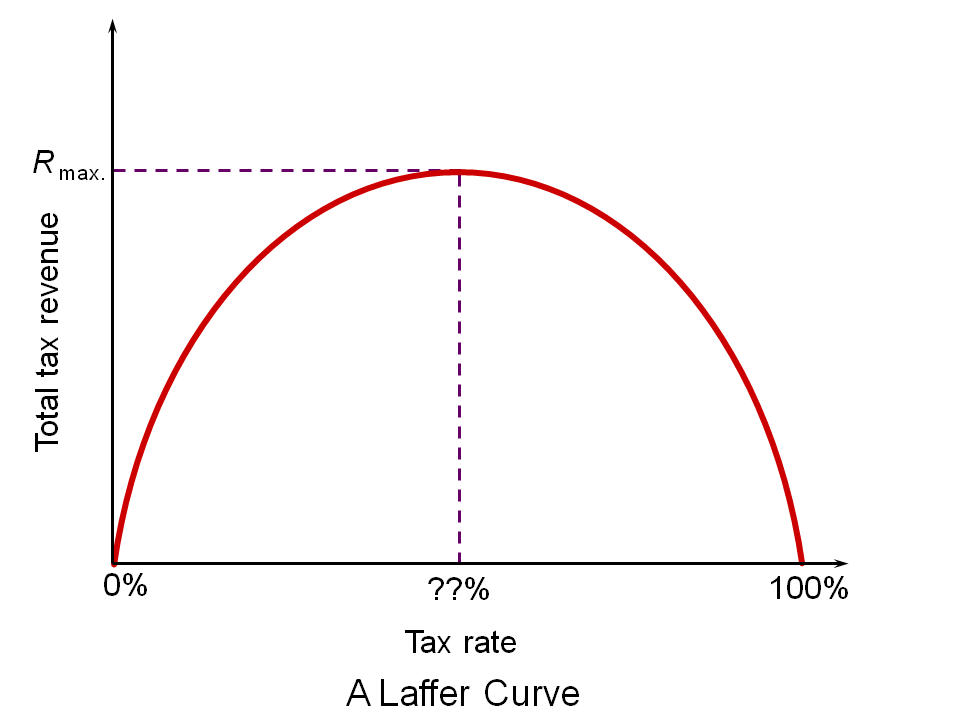Seems a bit baffling.
It's like nobody told Wall Street there is a serious recession going on.
There is lots of bad economic news out there, but investors don't seem to care.
Is it only a recession for vulnerable disadvantaged people?
Have the big corporations they invest in figured out how to make money no matter what happens to the powerless?
How long can that go on?
Are we inching closer to a big crash when the human support mechanisms for all this wealth extraction begin to crack and fail?
Will there be an 'October Surprise?'
Please explain, thanks.
BECAUSE INVESTORS ARE CONFIDENT PRES.TRUMP WILL GET THINGS BOOMING......AGAIN, OBVIOUSLY.
Last edited:

